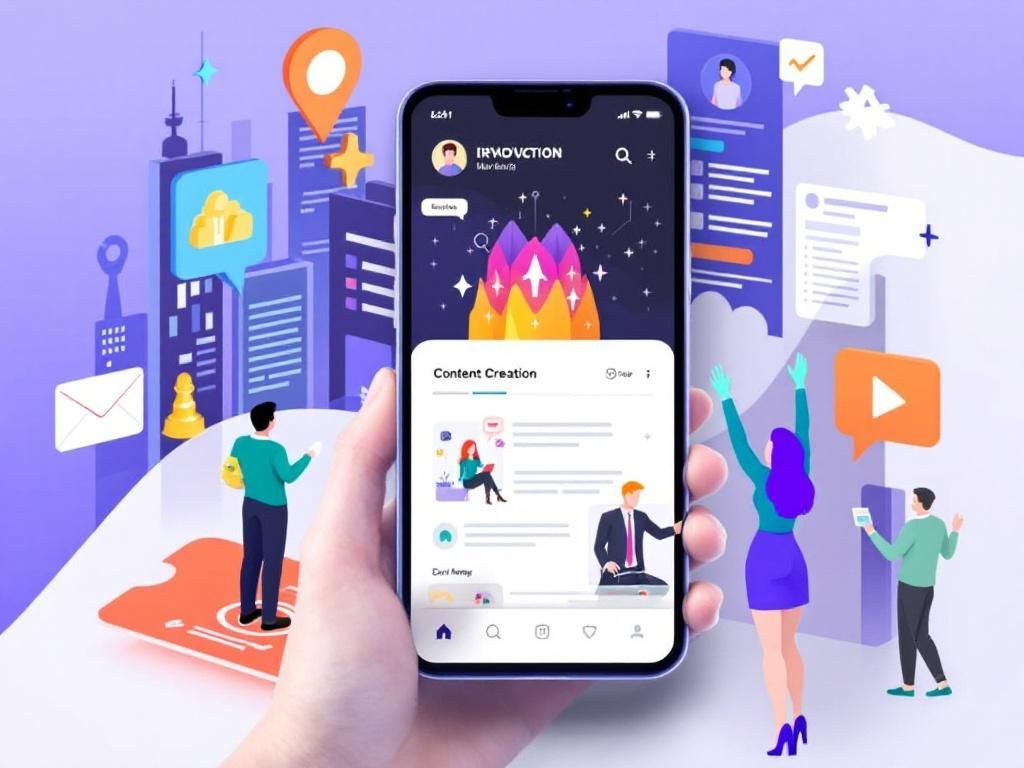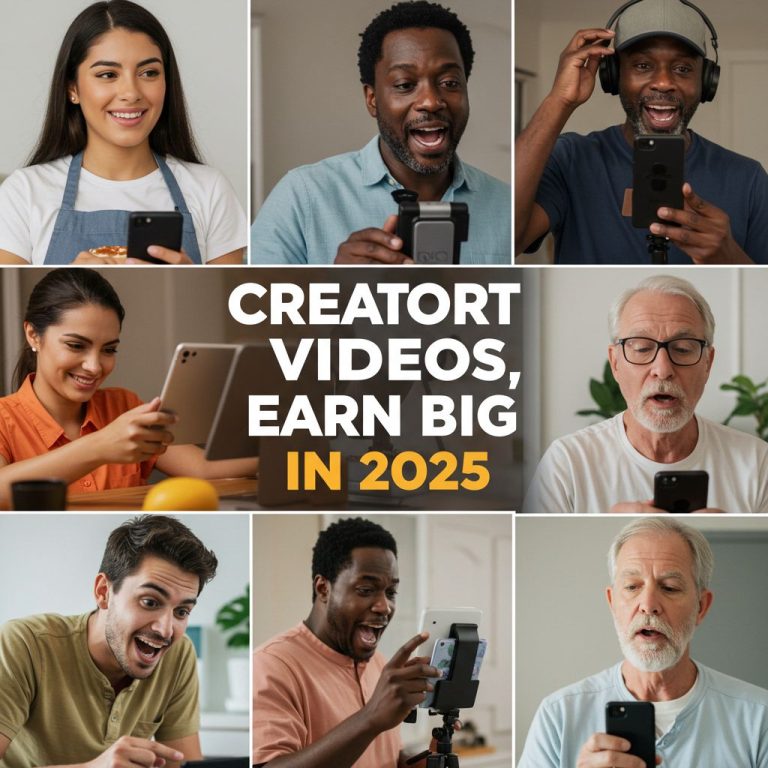In the fast-paced world of digital marketing, staying ahead of the curve is essential for businesses looking to maximize their reach and engagement. With the rapid advancement of artificial intelligence (AI), marketers now have access to powerful tools that can streamline content creation, enhance personalization, and analyze vast amounts of data. This article delves into the transformative potential of AI in content creation, exploring how it can revolutionize marketing strategies and drive results.
Understanding AI in Content Creation
Artificial intelligence refers to the simulation of human intelligence processes by machines, especially computer systems. In the context of content creation, AI can automate various tasks, from generating blog posts to creating social media content and beyond. Let’s explore some key components of AI in this domain:
- Natural Language Processing (NLP): Enables machines to understand and generate human language.
- Machine Learning: Algorithms that learn from data and improve over time.
- Predictive Analytics: Uses historical data to forecast future trends and behaviors.
The Benefits of AI-Driven Content Creation
Using AI for content creation offers several advantages that can significantly impact marketing efforts. Here are some major benefits:
1. Increased Efficiency
AI tools can automate repetitive tasks, allowing marketers to focus on strategy and creativity. Tasks that can be streamlined include:
- Content ideation and generation
- SEO optimization
- Content scheduling and posting
2. Enhanced Personalization
AI can analyze customer data to craft personalized content that resonates with target audiences. This leads to:
- Improved engagement rates
- Higher conversion rates
- Increased customer loyalty
3. Data-Driven Insights
With AI, marketers can gain insights from large datasets, helping them to:
- Understand audience preferences
- Identify trends in real-time
- Refine marketing strategies based on solid data
Applications of AI in Content Creation
AI is being utilized in various aspects of content creation. Below are some notable applications:
1. Content Generation
AI-driven tools can produce high-quality written content quickly. For example:
| Tool | Description |
|---|---|
| OpenAI’s GPT-3 | A powerful language model that generates human-like text. |
| Copy.ai | Automates copywriting for ads, social media, and more. |
| Jasper | Helps create long-form content with specific tones and styles. |
2. Video Content Creation
AI technologies can also assist in video production by automating editing processes and generating captions. This is particularly useful for:
- Creating promotional videos for social media
- Generating training videos for staff
- Enhancing video SEO
3. Social Media Management
AI can help manage and optimize social media campaigns by analyzing engagement metrics and suggesting best times to post. Additionally:
- Chatbots powered by AI can engage with customers in real-time.
- Sentiment analysis tools can gauge audience reactions to content.
Challenges and Considerations
While the benefits of AI in content creation are significant, there are also challenges that marketers should be aware of:
1. Quality Control
AI-generated content may lack the nuanced understanding of human emotions and cultural contexts. Thus, it’s crucial for marketers to:
- Review and edit AI-generated content.
- Ensure that the brand voice is consistent.
2. Ethical Concerns
As AI becomes more integrated into content creation, ethical concerns arise, such as:
- Plagiarism and originality issues.
- Data privacy and security.
3. Dependence on Technology
Over-reliance on AI tools can lead to a reduction in creative thinking among marketing teams. It’s essential to maintain a balance between technology and human creativity.
Future Trends in AI Content Creation
The future of AI in content creation is promising, with several emerging trends to watch:
1. Voice Search Optimization
With the growing use of voice-activated devices, content will need to be optimized for voice search, requiring a shift in content strategy.
2. Hyper-Personalization
AI will drive further advancements in personalization, enabling brands to create content tailored to individual consumer behaviors and preferences.
3. Content Diversity
AI will support the creation of diverse content formats, from interactive content to immersive experiences using augmented reality and virtual reality.
Conclusion
As AI continues to evolve, its impact on content creation and marketing will only grow more profound. By embracing AI-driven tools and strategies, businesses can enhance efficiency, improve customer experiences, and stay competitive in the ever-changing digital landscape. To maximize the benefits of AI, marketers must remain vigilant about quality and ethical implications while leveraging technology to complement human creativity.
FAQ
What is AI content creation?
AI content creation refers to the use of artificial intelligence technologies to generate written, visual, or audio content automatically, streamlining the content production process.
How can AI improve my marketing strategy?
AI can enhance your marketing strategy by providing data-driven insights, automating content generation, personalizing customer experiences, and optimizing campaigns for better performance.
Is AI content as good as human-written content?
While AI content can be highly effective and efficient, it may lack the nuanced understanding and creativity that human writers bring. Combining both can yield the best results.
What types of content can AI create?
AI can create a variety of content types, including blog posts, social media updates, product descriptions, email newsletters, and even video scripts.
What are the benefits of using AI for content marketing?
Benefits include increased efficiency, cost savings, scalability, enhanced personalization, and the ability to analyze and adapt content based on audience engagement.
How do I get started with AI content creation for my business?
To get started, choose a reliable AI content creation tool, define your content goals, train the AI with your brand’s voice, and begin producing content while monitoring its performance.




